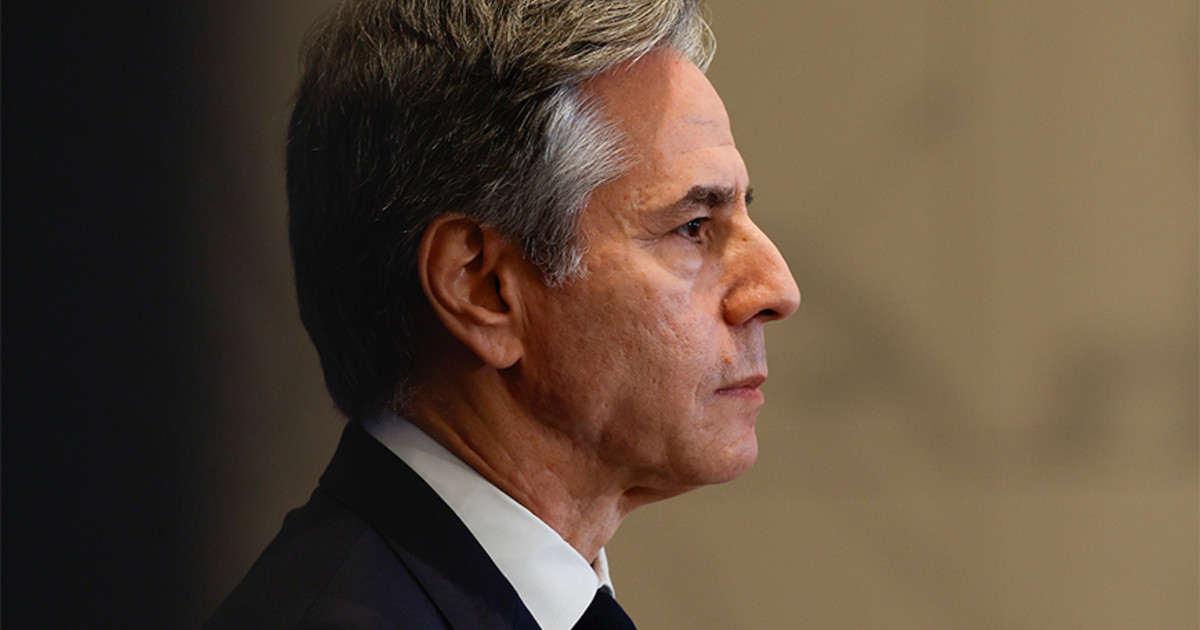Alarm bells for those who consume fish of fresh water in the US, scientists say that eating just one is equivalent to drinking contaminated water for a month water.
A related study published today, Tuesday (16/1) states: “Consuming a fishwhich has been caught in the lakes or rivers of the United States, is equivalent to drinking for a month water contaminated with the so-called “eternal” pollutants, PFAS (perfluorinated alkylated substances)”.
The chemical products in question, as the Athens News Agency points out citing the relevant study, were developed in the 1940s to resist water and heat. One finds them in non-stick coatings, fabrics, or food packaging.
The proportion of PFASs found in wild-caught freshwater fish was found to be 278 times higher than that found in commercially farmed fish.
“I can’t look at a fish anymore without thinking how PFAS-contaminated it is,” David Andrews, a scientist with the Environmental Working Group, a non-governmental organization that conducted the study, and who grew up fishing and eating fish, told AFP.
The finding is “particularly worrying because of the impact on underprivileged communities who consume fish as a img of protein or for socio-cultural reasons”he continued.
“This research makes me very angry because the societies that manufacture and use PFAS have polluted the planet without taking responsibility,” he underlined.
For Patryn Byrne, an environmental contamination researcher at Britain’s Liverpool John Moores University, PFASs are “probably the greatest chemical threat to humankind in the 21st century.”
“This study is important because it provides the first evidence of widespread transmission of PFASs directly from fish to humans,” he said.
The study is published following the initiative of Denmark, Germany, the Netherlands, Norway and Sweden, which last Friday submitted to the European Chemicals Agency a proposal to ban PFAS.
This proposal is an extension of the five countries’ finding that the use of PFAS is not adequately controlled.
Source: News Beast
Bruce Belcher is a seasoned author with over 5 years of experience in world news. He writes for online news websites and provides in-depth analysis on the world stock market. Bruce is known for his insightful perspectives and commitment to keeping the public informed.






